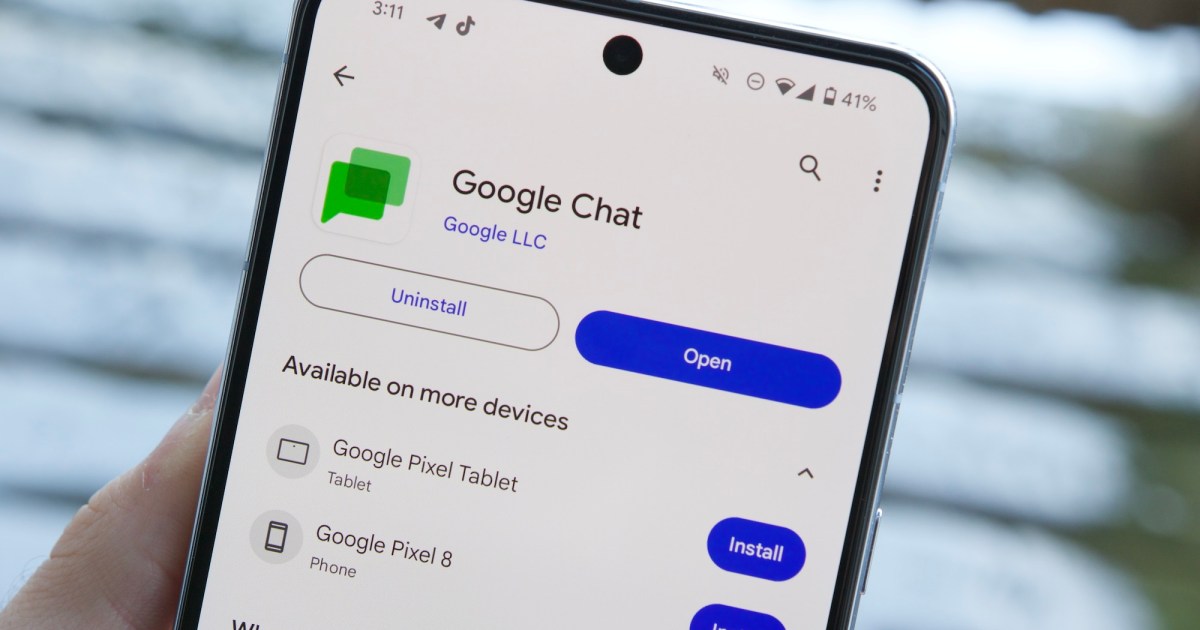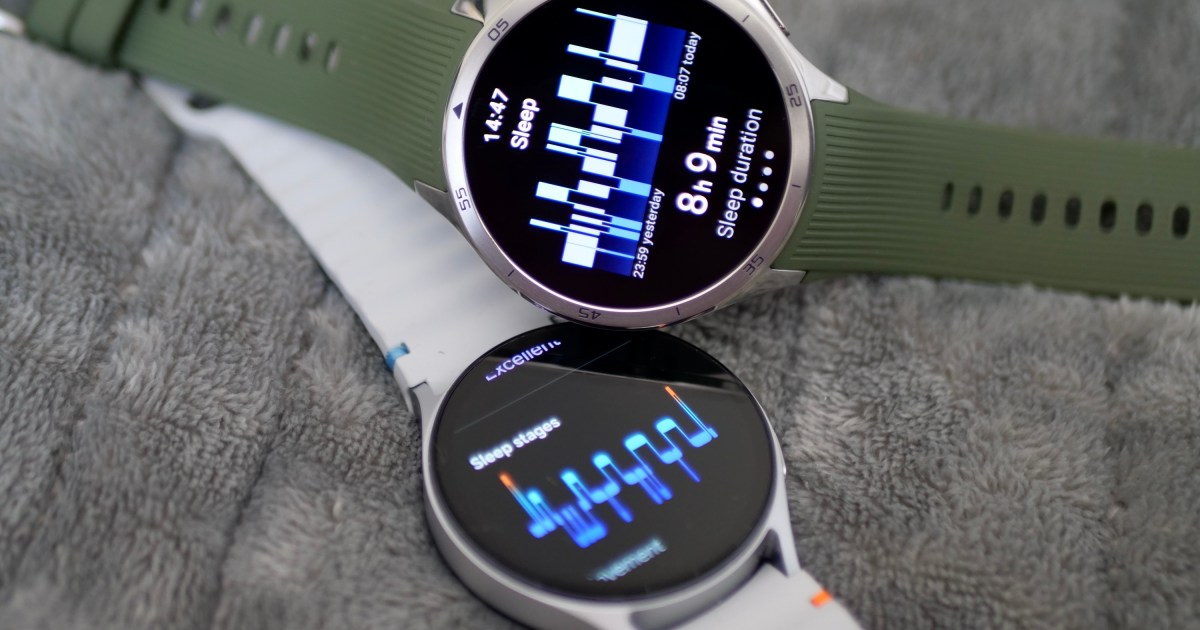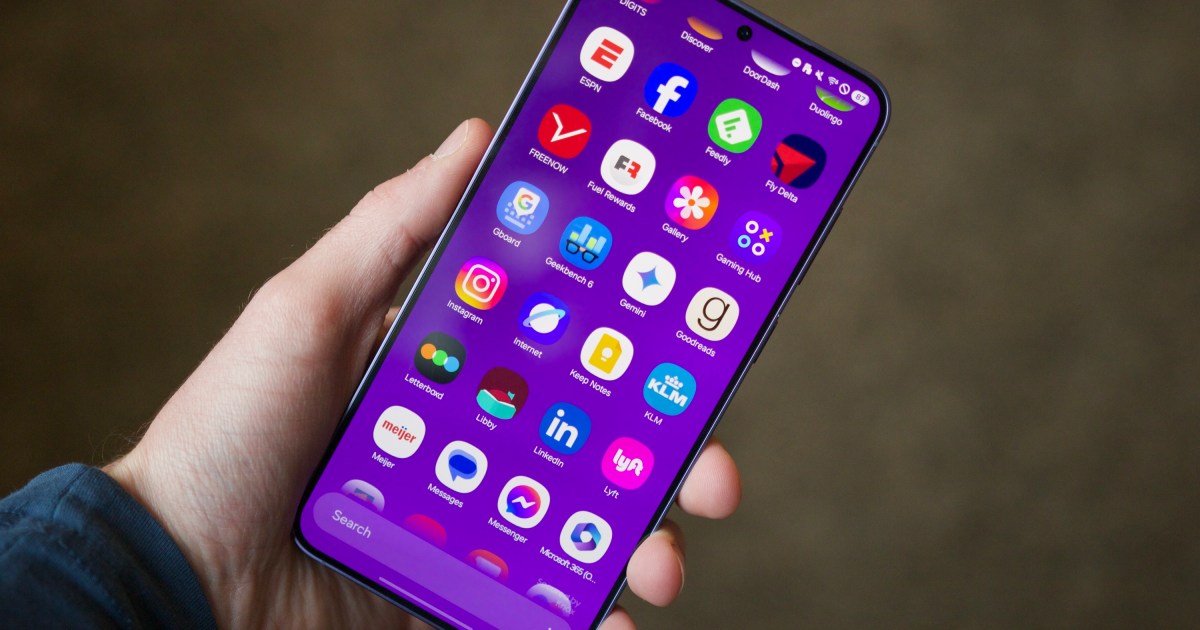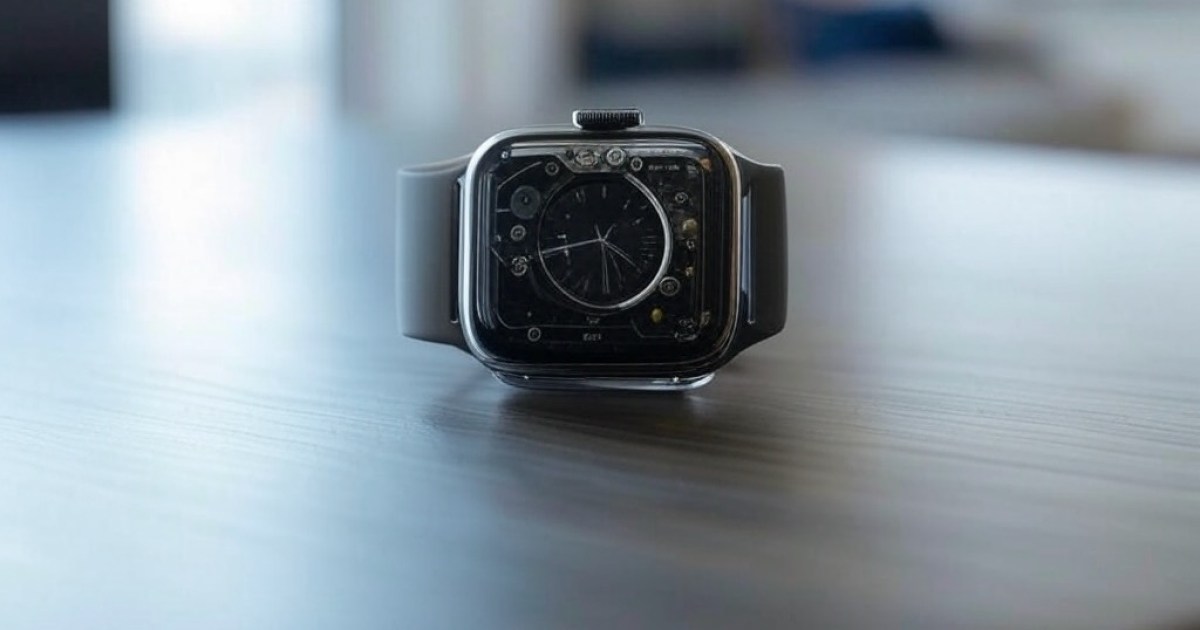Android users recently faced a security threat: North Korean spyware disguised as utility apps in the Google Play Store. These seemingly harmless apps, like file managers, were capable of collecting sensitive personal information.
Unmasking the Spyware: KoSpy and APT37
Security researchers at Lookout Threat Lab identified five affected apps, available in both English and Korean: Phone Manager (휴대폰 관리자), File Manager, Smart Manager (스마트 관리자), Kakao Security (카카오 보안), and Software Update Utility. These apps have since been removed by Google.
The spyware, dubbed KoSpy, is believed to be the work of APT37 (ScarCruft), a North Korean state-sponsored hacking group. Lookout Threat Lab warned that KoSpy masquerades as utility apps, targeting Korean and English speakers. It collects extensive data, including SMS messages, call logs, location, files, audio, and screenshots via dynamically loaded plugins.
Deceptive Functionality and Data Collection
The affected apps often didn’t function as advertised. Some provided basic interfaces linked to Android settings, while others were completely non-functional, displaying only a fake system window. However, once installed, these apps could download plugins and begin their surveillance activities.
The spyware could collect a wide range of data: SMS messages, call logs, device location, local files and folders, screenshots, keystrokes, audio recordings, and even photos taken with the device’s camera.
Protecting Yourself from Mobile Spyware
While Google has removed the malicious apps, the number of affected users remains unknown. This incident highlights the importance of verifying app sources and reputations before downloading. Carefully review permissions requested by apps and avoid downloading apps from unknown or untrusted developers.
Conclusion: Vigilance is Key
The discovery of North Korean spyware in the Google Play Store underscores the ongoing need for user vigilance in the mobile landscape. By being mindful of app downloads and permissions, users can significantly reduce their risk of becoming victims of mobile spyware.











